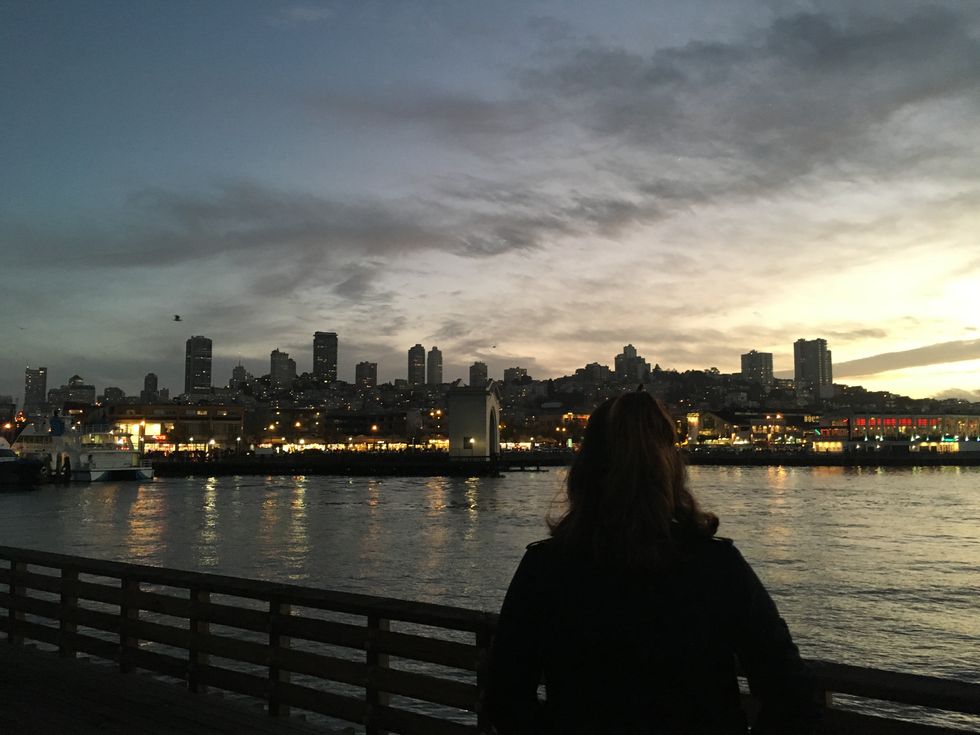I never told my parents, and to this day they still do not know. My reasoning behind keeping the incident a secret was because it made me feel like I had done something wrong, that it was my fault and I had put myself in the position to deserve this awful encounter.
Almost a year later, I know it was not and never will be my fault.
It took a good amount of therapy to come to terms with this truth. Being sexually assaulted twists your mind into shaming yourself in a much deeper way than any form of self-doubt that I have ever experienced in my life. It’s a matter of questioning your self-worth as a human being and whether the actions someone has taken against you define who you are.
My own struggle with the aftermath of a sexual assault manifested itself in a variety of ways. In the beginning, every white boy who resembled the one who had taken advantage of me made me nervous and prompted me to constantly be on guard, as if I had to defend myself at any moment. Not even a week after the incident I was forced to pass him on the street, sending me into an internal panic because I was with friends and I did not want them to know. Even now, a slight touch to the shoulder as someone apologizes with the words “sorry, babe” is enough to make my heart jump in fear.
My personal story was something I shared when it seemed right, like in instances when a friend shared with me what had happened to her and I wanted her to know she was not alone. Or if something came up in an interaction which resulted in a visceral reaction from me, maybe I would let someone in on what caused it.
However, waking up to a dashboard full of beautiful, strong, and intelligent women who I admire and love sharing the simple words “Me too” was mind-blowing. I took to my own Facebook to write the words on my wall and just as I was reaching for the post button, I stopped myself in my own tracks. Something about writing those two words on my own wall seemed final. Maybe for the same reason that I never told my parents. That I didn't want the world to see me for the one point in time that someone had absentmindedly ruined my morale and the image I had of myself. I did not want someone to turn around and say it was my fault, especially not someone who I care about so deeply. I did not want to be the victim.
That’s when I realized, though, that I am not the victim. I am not even a survivor. What I am is a woman who has control and advocacy over her own life. While I cannot control the actions of those around me, I make it a point to ensure that no human being has the ability to take away my power and pride. I did not let the boy who took advantage of me apologize because I knew my worth without it, the same way I knew his.
And maybe I still have a ways to go in advocating and stepping up for myself when someone has made me feel smaller or less than. But I wrote “Me Too” because I wanted to stand by the inspiring women I love and show the world that while this terrible thing has happened to me, it is going to take a lot more than some institutionalized masculinity to tear me down and stop me from fighting the good fight.






 StableDiffusion
StableDiffusion StableDiffusion
StableDiffusion StableDiffusion
StableDiffusion Photo by
Photo by  Photo by
Photo by  Photo by
Photo by 
 Photo by
Photo by  Photo by
Photo by  Photo by
Photo by  Photo by
Photo by  Photo by
Photo by 









